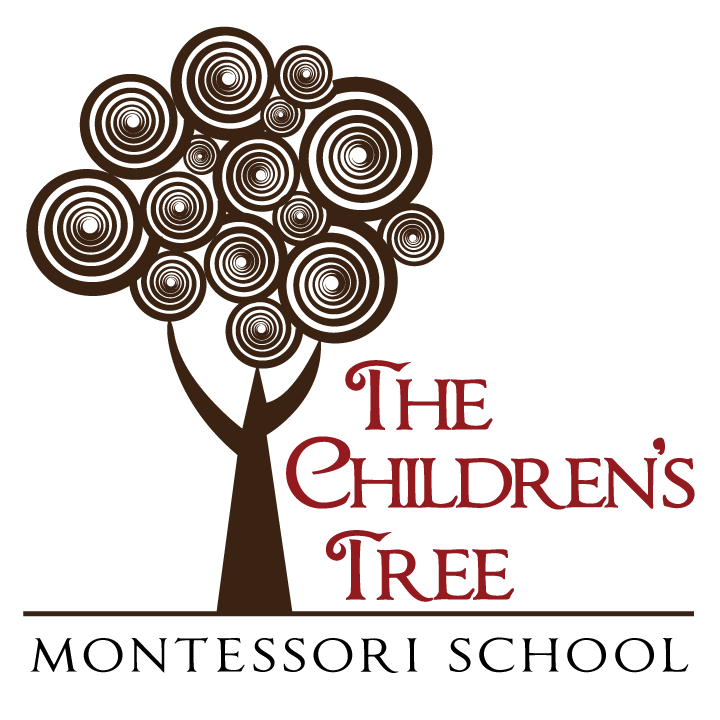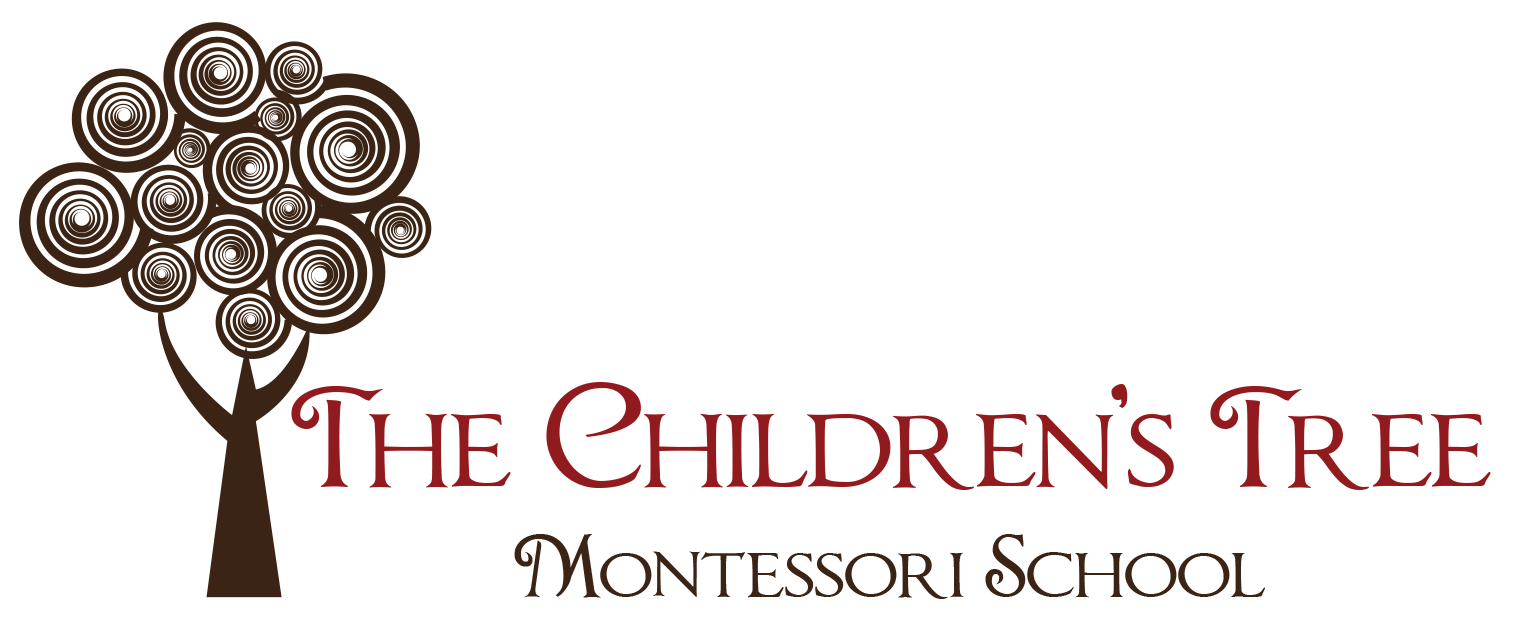Learning Goals
Learning Goals for Montessori Toddlers
Toddlers are curious about everything and need to touch and manipulate objects in order to learn. Our toddler community is prepared so that the child is not controlled, but supported and encouraged, so the she has the highest chance for success in order to aid her development. Particularly for this age group, communication and collaboration with parents is essential. We work in partnership and provide support to make the toddler years productive and happy for the entire family.
Motor Skills
Hands-on learning materials are placed in sequence throughout our classroom to enhance the toddler’s ability to be independent, to use fine and gross motor skills, and to increase language and cognitive skills.
Eye-hand coordination is developed with materials such as threading, bead stringing, cubes on pegs, spheres on horizontal pegs and puzzles. Montessori activities promote self-sufficiency and prepare the finger muscles for holding a pencil for writing.
Sensorial
The purpose of the Sensorial lessons is to awaken in the child an awareness of himself and the world in which he lives. Montessori called young children “sensorial explorers”. With hands-on materials, the child is able to explore and experience each of the five senses. Sense awareness involves learning about and comparing dimensions, shapes, colors, tactile, auditory, taste and smell.
-
Math Concepts
Children use manipulative materials which demonstrate cause and effect relationships and one-to-one correspondence. number recognition and simple counting.In the toddler math area simple concepts of numbers are introduced through songs, counting games, and manipulative materials. As the toddler works with manipulative activities such as puzzles and counting objects, the toddler’s understanding of number concepts and sequence grows.
-
Practical Life
Children learn practical life skills and fine motor skills through pouring, scooping and sorting. They learn the importance of safety in using tools, rather than forbidding their use.The activities of Practical Life encourage the children’s independence in regards to caring for themselves and their surroundings, preparing and serving food. Students dust, dry spilled water, and water plants. They also enjoy sweeping, mopping, table washing, table waxing, metal polishing, clothes washing, folding, flower arranging, sowing seeds, and raking leaves.The daily maintenance of the toddler community can and should involve the work of the children. They take great delight in this work, especially if it involves water.
-
Art and Music
Engaging developmental art materials are available throughout the day. Selected artwork is placed low on the walls to stimulate the child’s imagination. Music and rhythm lessons are learned by singing songs and using simple instruments.
-
Food Preparation
Children are involved in all aspects of food preparation and serving, both at snack time and at lunchtime. Food preparation helps foster independence and coordination during these sensitive periods. Activities include self-feeding, use of cup and spoon, setting the table, serving, and cleaning up, as well as pouring water, preparing food, spreading crackers, cutting fruits and vegetables, and washing dishes.
-
Social Skills
Lessons of grace and courtesy set Montessori education apart from other programs. Through the adult model the children learn appropriate, respectful actions and words to use with the people around them. Children are encouraged to use language to express their needs and to begin to understand others. They develop a sense of community in which to experience the importance of caring for others.Plants and animals are integrated in the classroom, and children observe and learn to care for them.
-
Preschool Readiness
As your child nears age three, he or she will start to give us signs that he or she is ready to move up. Language skills will start to develop rapidly; enthusiasm for independence in self-care and other work will grow. Your child is now ready to transition to the Primary Program also known as the Children’s House, for children from the ages of 3 to 6 years.
-
Toilet Learning
Toilet Learning is a very important process that your toddler will go through. In Montessori it comes naturally as your child shows interest. The parent and teacher can be encouraging and have the bathroom environment prepared for when the child is ready. Learn more about the process of of Toilet Learning the Montessori way in our free booklet, click here to view now.
PROGRAMS
Privacy Policy | Accessibility
The Children's Tree Montessori School

